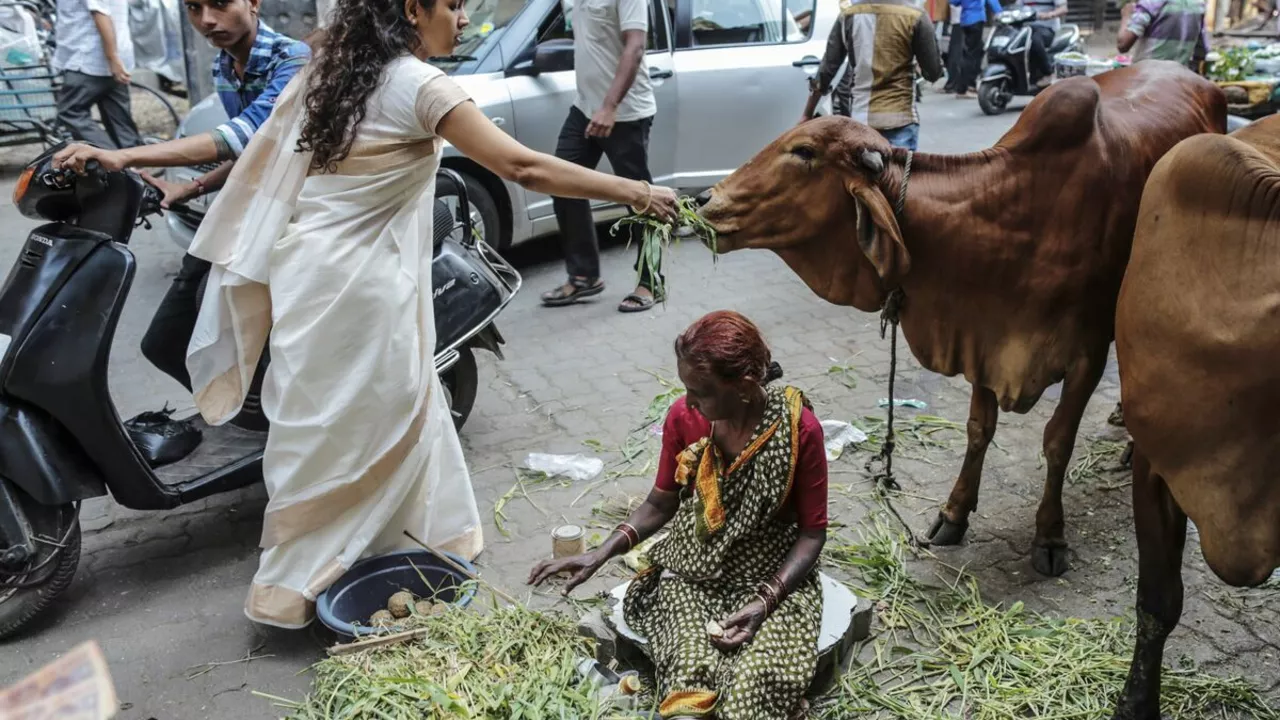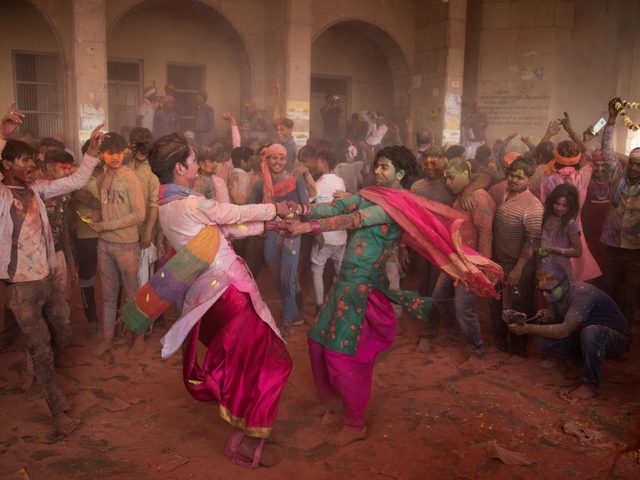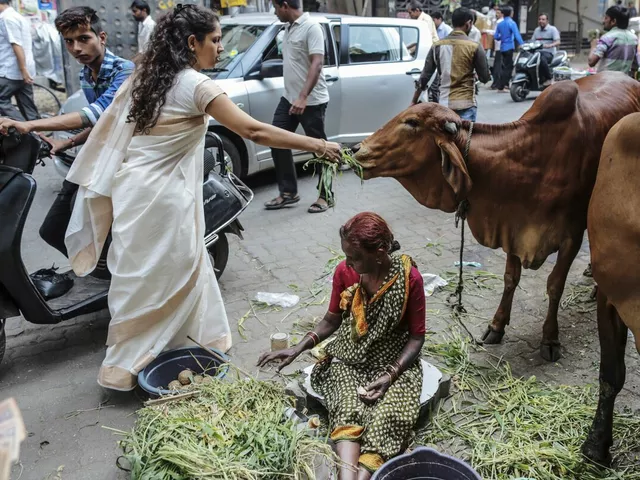Travel and Culture: How to Respect Cows on Indian Streets
Seeing cows roaming free is a common part of travel in India. They can stand in the middle of a road, graze by temples, or nap outside shops. For many locals, cows are tied to religion, food systems, and local laws. As a traveler, understanding this helps you stay safe and show basic respect.
Why cows matter here
Cows are sacred in Hindu tradition and protected by social norms in many places. That doesn't mean every person reacts the same, but touching, hurting, or deliberately moving a cow can cause strong reactions. In some states there are strict laws about cow slaughter and protection; in others the rules are looser. Either way, crowds sometimes gather quickly if an animal is harmed. You don't want to be the center of that.
Practical tips for travelers
Keep your distance. Walk around cows rather than trying to shoo them away. If you're on a bike or scooter, slow down well before you reach an animal and give it room to move. Use your horn sparingly - a soft beep can warn them, but loud or repeated honking can startle animals and people.
If a cow blocks your path, stay calm. Stop your vehicle, switch off the engine if needed, and wait for the cow to move. In crowded markets, a local vendor or shop owner will often help guide animals away. Asking politely in Hindi or a local language - even a simple "please" - goes a long way. People appreciate that you tried to be respectful.
Don't touch or feed cows unless a local invites you and explains how. Some cows are gentle; others are stressed, sick, or aggressive. Feeding can attract stray dogs or create fights with other animals. If you want photos, do so from a safe distance and avoid flashing lights or sudden movements.
What if you accidentally hit a cow? First, check for injuries to yourself and any passengers. Stay calm and get off the road to a safe spot. Call local emergency numbers if someone is hurt. Next, find nearby locals or shopkeepers and explain what happened. In many places, people will help manage the situation and contact authorities. Offering to cover veterinary or repair expenses when appropriate shows responsibility, but avoid arguing with angry crowds - retreat and seek police help.
Carry ID and phone numbers of your hotel or local guide. If a crowd gathers, having someone who speaks the language can defuse tension. Also keep small cash handy for minor fees or immediate needs.
Respecting cows on Indian streets is mostly about common sense and courtesy. Give animals space, move slowly, and ask for help when needed. Doing this keeps you safer and shows you understand local culture while traveling.
Quick checklist: carry ID, slow down near animals, avoid touch, ask locals for help, have contact of hotel or guide, keep small cash ready and calm.

Oh boy, folks, you wouldn't believe the things I learn while blogging. Today's topic: what if I smacked a cow while in India? I can already hear the collective gasp, but let's dive into this fascinating world of cow reverence! So, if I thumped Bessie on an Indian street, I'd probably face an angry mob quicker than you can say "Holy Cow!" It seems the cows in India are treated better than some humans, and if I took a swing, I'd be the one on the receiving end! So, friendly advice, let's keep our hands to ourselves and the cows at peace.
Continue Reading





